Tesla Ordered to Pay $243 Million After Model S Autopilot Crash
 WilliamAug 04, 2025, 03:58 PM
WilliamAug 04, 2025, 03:58 PM
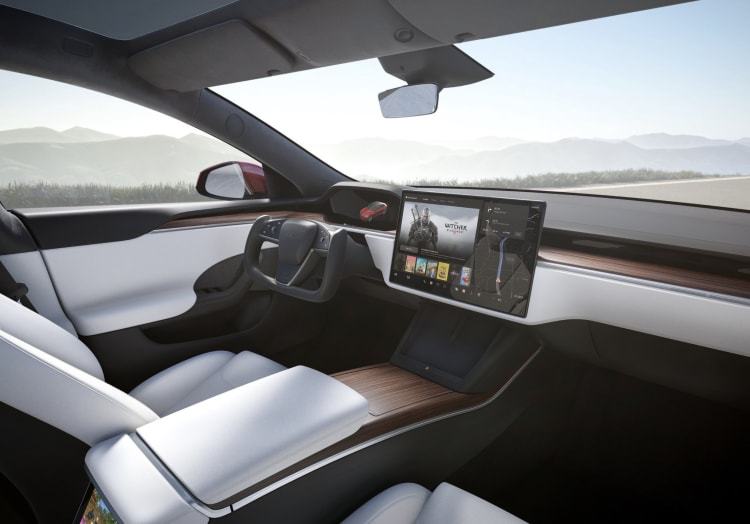
【PCauto】A Florida jury has ordered Tesla to pay $243 million in damages over a fatal 2019 crash involving a Model S using Autopilot. The verdict, delivered on August 1, 2025, found Tesla partially responsible for the accident.
This ruling has sparked major debate and could have serious implications for the global self-driving car industry. Tesla CEO Elon Musk said the company will appeal, maintaining that drivers are fully responsible when using Autopilot.
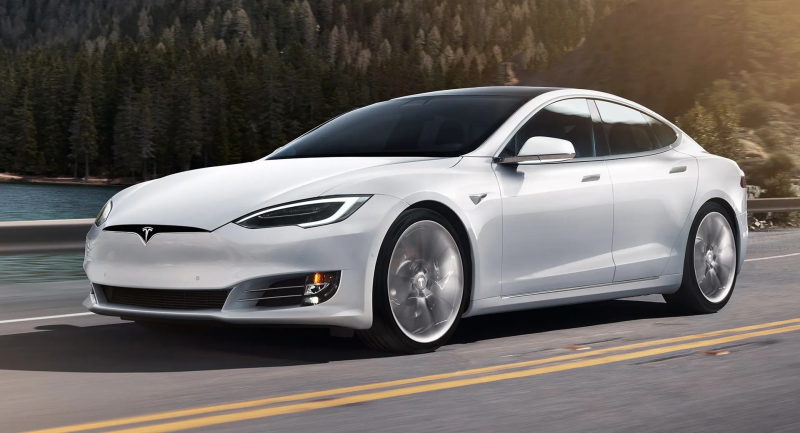
How the Crash Happened
The crash took place on April 25, 2019. George McGee was driving a Tesla Model S on a highway in Florida when he ran a red light at around 100 km/h. The car slammed into a parked Chevrolet Tahoe on the side of the road.
The impact killed Naibel Benavides Leon, who was standing outside the Tahoe. Her boyfriend, Dillon Angulo, suffered serious injuries.
McGee admitted he was bending down to pick up his phone at the time. He claimed he thought Autopilot would brake for him, but said the system gave no warning. Evidence showed the Model S hit the Tahoe at full speed, leading to devastating consequences.
Jury Splits Responsibility in Tesla Autopilot Crash Case
The jury found driver George McGee responsible for 67 percent of the crash. His actions were cited as the main causes of the accident. These included speeding, being distracted by his phone, and failing to watch the road.
Since McGee was not named as a defendant, he will not be paying any damages.
Tesla was assigned 33 percent of the blame. The jury ruled that the Autopilot system had design flaws and did not do enough to prevent its use in non-highway conditions.
The total compensation includes 129 million dollars in compensatory damages. Tesla is responsible for 43 million dollars of that amount. In addition, Tesla was ordered to pay 200 million dollars in punitive damages. This brings the total payout to approximately 243 million dollars.
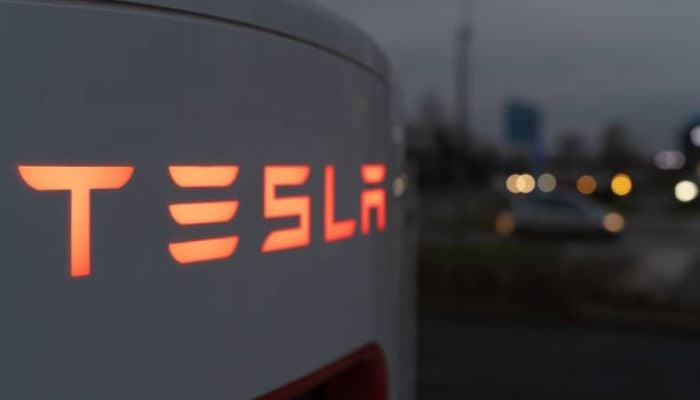
Autopilot Safety and Tesla’s Marketing Were at the Heart of the Case
The plaintiff's lawyer accused Tesla of misleading customers by failing to clearly warn them about Autopilot's limitations. He argued that public roads had become a testing ground for flawed technology.
According to the lawyer, Tesla’s marketing exaggerated the safety of Autopilot and did not place enough restrictions on its use in complex environments like city streets.
Tesla pushed back, claiming the crash was entirely the driver’s fault. The company said George McGee was pressing the accelerator while Autopilot was active and was not watching the road as he picked up his phone.
Tesla maintained that Autopilot always requires driver supervision. The company announced plans to appeal the verdict in order to defend the reputation of its technology.
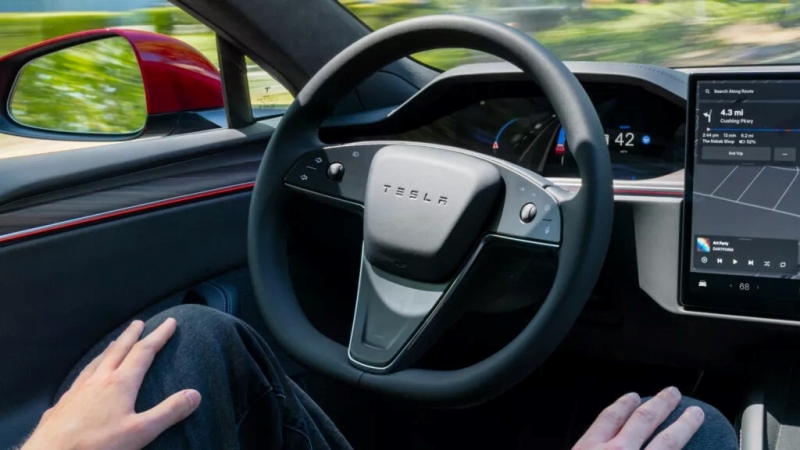
This Verdict Could Reshape Tesla’s Future and the Self-Driving Industry
Several other lawsuits against Tesla’s Autopilot system are still pending in the United States. This case sets a precedent that could open the door to more legal challenges.
The ruling may also push regulators to take a fresh look at how autonomous driving technologies are governed. Manufacturers might face stricter requirements for safety warnings and tighter controls on how and where these systems can be used.
Tesla has expressed confidence in its appeal. Elon Musk said the company will pursue legal action to clarify driver responsibilities. Still, the case has already ignited public debate over the safety of self-driving cars.
The pressure is now on Tesla to accelerate improvements to Autopilot. The company may need to step up its technology to prevent future incidents and restore trust in its autonomous driving systems.
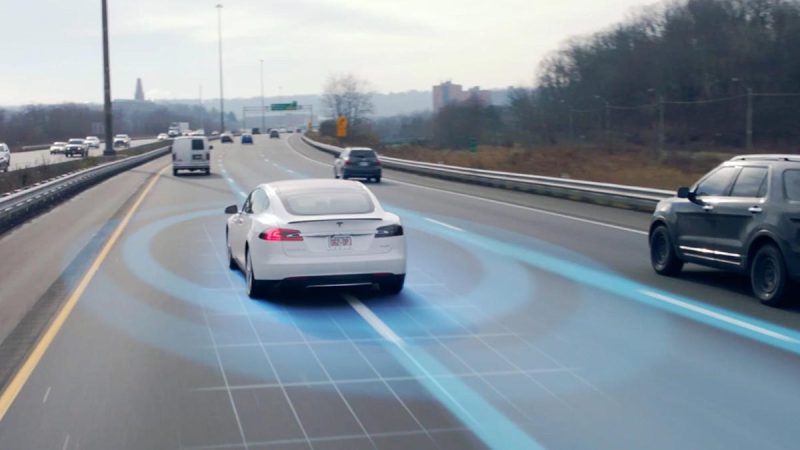
Following a recent fatal crash involving autonomous driving, Chinese regulators have begun warning automakers not to market their vehicles as "autonomous driving" unless they have achieved true self-driving capability. Authorities have made it clear that if a crash happens while a car is in autonomous mode, the manufacturer will be held responsible for compensation.
In response, most automakers in China have scaled back their marketing claims. Companies now emphasize that autonomous driving features still require constant human supervision. While these restrictions may slow the progress of autonomous technology, they are seen as necessary measures to ensure safety.
If any infringement occurs, please contact us for deletion
Trending News

Perodua Myvi and Bezza may undergo major upgrades in 2026
After the update, the Bezza will no longer be just a low-cost alternative but a core model in the Perodua system with greater market competitiveness and brand premium potential. The upgrade of the Myvi is not to be unconventional but to strengthen the brand and market, ensuring that the Myvi continues to maintain its irreplaceable position in the new round of product competition.

Perodua Traz VS Ativa, which one is more worth buying?
Traz, as a newly launched mid-sized SUV, offers more spacious room and mainstream power compared to small SUVs, but its pricing appears slightly higher than that of Ativa. Ativa, on the other hand, is Perodua's long-time best-selling small SUV with more affordable pricing and a balanced combination of power and tech features.

Will the Toyota Yaris Cross come to Malaysia? If it comes, how much will it sell for?
The launch of Perodua Traz indicates that the market size of small SUVs in Malaysia has been expanding in recent years. However, the question naturally shifts back to Toyota. As a brand with the most comprehensive product line and a strong foundation in both the SUV and hybrid sectors, will Toyota choose the Yaris Cross to participate in this small SUV competition?

Perodua Traz VS Toyota Yaris Cross, where does the Traz fall short?
Before the official launch of the Perodua Traz, market expectations were actually very high because it shares the same DNGA platform as the Toyota Yaris Cross. However, sharing the same platform does not equate to the same experience, and the Traz's final performance has indeed been disappointing. Perhaps it is precisely because of the delayed launch that it has almost no competitiveness in the current competitive environment.

Perodua Traz 2025:Spec, Price and Features
Perodua Traz has been officially launched in Malaysia. It is a B-segment five-seater SUV built on the DNGA platform. Compared to the Yaris Cross, which emphasizes brand and quality, the Traz comes with a localized rate of about 95%, offering a more friendly price and practical features.
Popular Cars
Model Year
Car Compare
Car Photo

